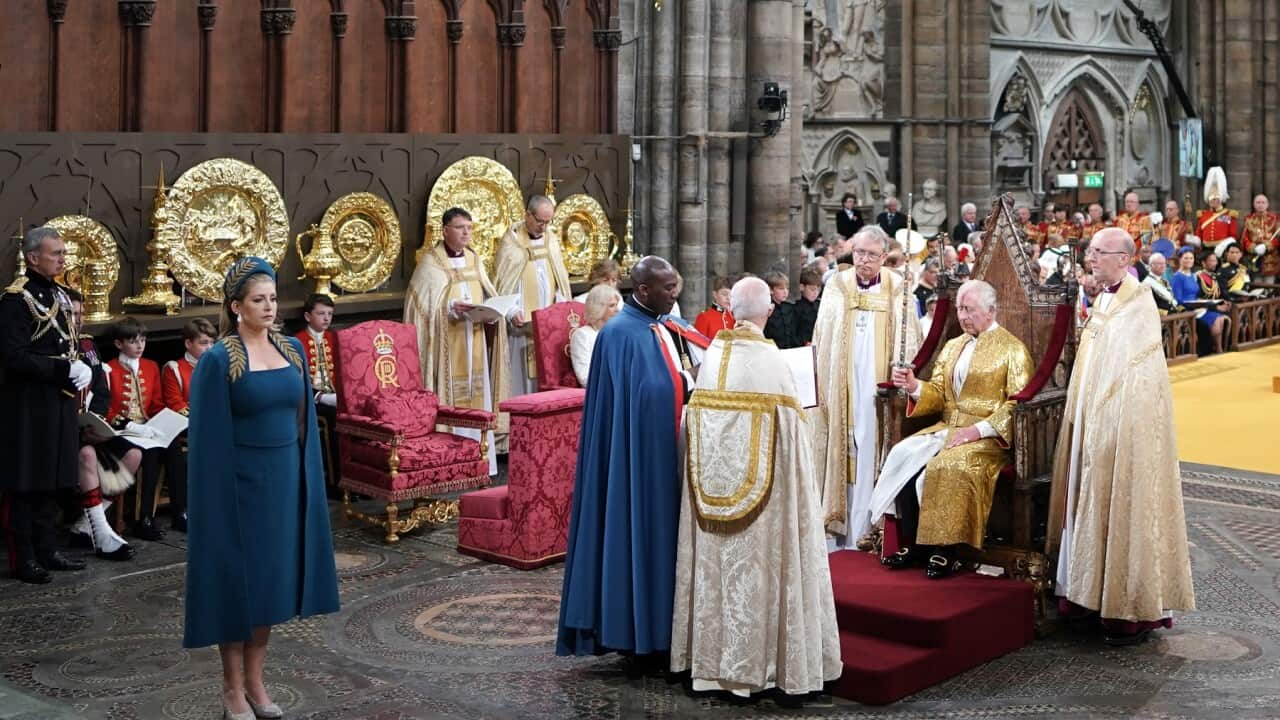It’s often difficult to determine the lending risk of new arrivals when they don’t have an official credit file.
Many traditional lenders are reluctant to provide loans, says Martin Mureithi.
He is a Melbourne mortgage broker who migrated to Australia from Africa, 15 years ago.
To be eligible for a loan, says Martin Mureithi, an applicant must be at least 18 years old and have some form of income to prove the ability to make regular repayments.
“Most banks favourably look at Centrelink benefits; however, not all Centrelink benefits qualify. Newstart for example is not considered as income to support a loan application, but benefits such as family type benefits – parenting payments, those will count towards your income when the bank is assessing you for a loan,”
An Australian permanent residency and an income-producing job are some of the eligibility criteria many banks require before granting a loan.
However, says Martin Mureithi, there are exceptions to the rule.
“Most banks require you to be an Australian permanent resident as a minimum for a personal or home loan; however, I have had experience with getting students and other people with temporary visas getting a car loan.”
Teresa Clark is a manager with Anglicare which provides financial counselling free of charge.
“Anglicare has lots of services that are available to anyone in the community, so migrants and refugees are very welcome to come along and be supported by any of our Anglicare services. We also provide micro finance; they are no-interest and low-interest loans. They are available to people on low incomes. So migrants and refugees would be able to gain access to those programs as well.”
Melbourne-based settlement organisation AMES has supported migrants since the 1950s to start a new life in Australia.
AMES offers English tuition and vocational education courses, as well as financial orientation programs to new arrivals.
Public affairs manager Laurie Nowell says that AMES also offers micro loans which have helped many migrants to set up their own small business.
Teresa Clark from Anglicare points out that as many low-income migrants and refugees with no credit history are excluded from obtaining more established financial products; they are in danger of becoming victims of unscrupulous financial operators.
The importance of access to financial products and services for migrants goes beyond applying for a loan.
Successful inclusion into Australia’s society requires building key skills around the ability of managing money, reading statements, knowing about contracts and saving up for larger projects, says Teresa Clark.




